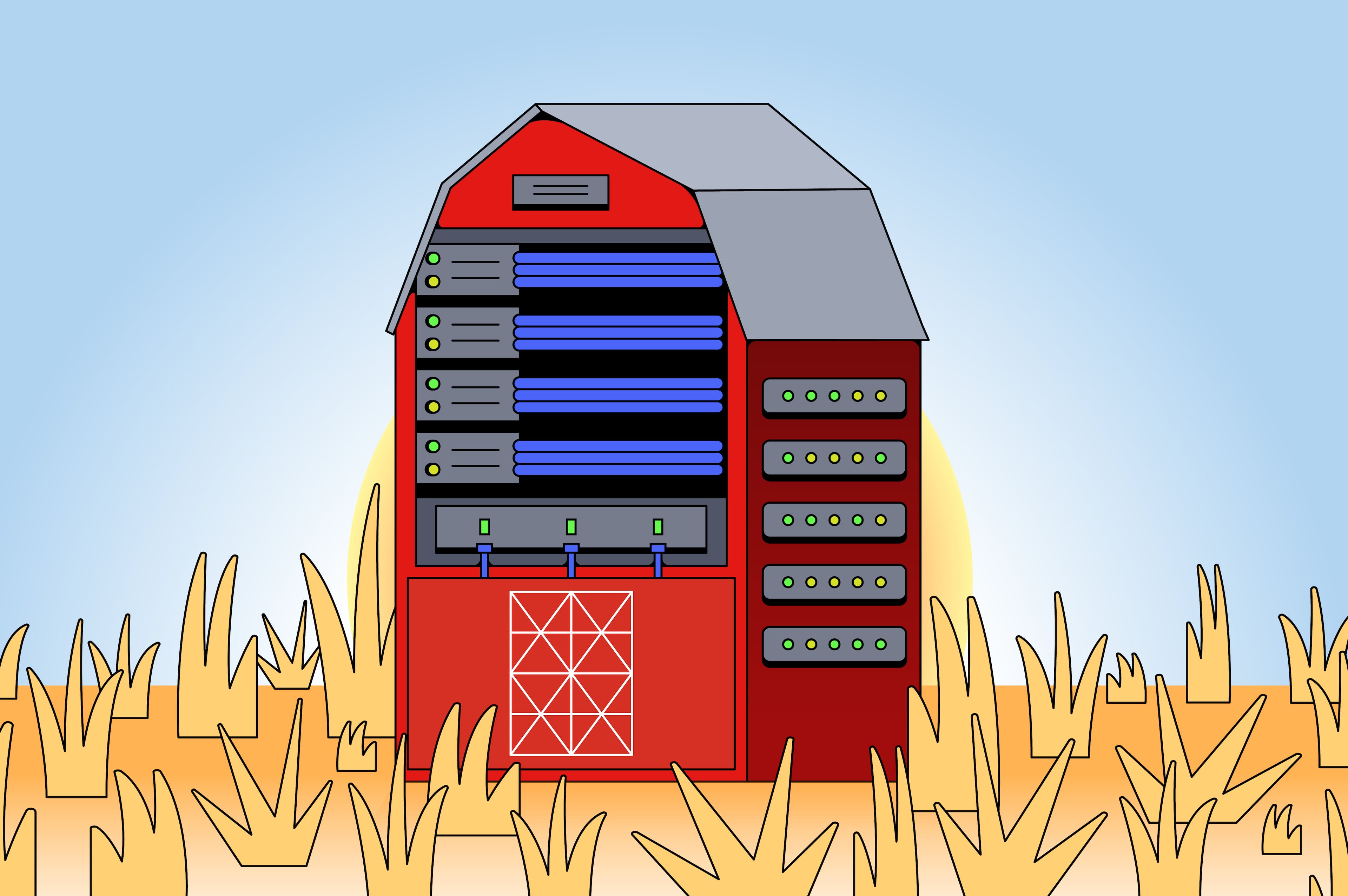Georgia wood pellet mill abandons expansion, environmentalists drop challenge

The owner of a Middle Georgia wood pellet mill has apparently abandoned plans to pursue a significant expansion following a legal challenge by environmentalists.
Earlier this year, Telfair Forest Products in Lumber City received approval from the state Environmental Protection Division to nearly double their allowable emissions of hazardous air pollutants. The approval sparked an August challenge from environmental groups with the Office of State Administrative Hearings accusing the state of bypassing federal Clean Air Act requirements by changing the company’s permit without requiring proper analyses or pollution controls.
Then, this month, the same regulators revoked the permit amendment at the company’s request, according to public records provided by the plaintiffs and EPD. The company’s original permit, without the increase in allowable emissions, remains in place.
The Southeastern U.S., including Georgia, has seen a boom in wood pellet production over the last two decades driven by overseas demand for the pellets, which are burned as “biomass” fuel for energy production.
Industry advocates say wood pellets use timber waste from other forestry activities, and some countries subsidize them as a renewable energy source because trees can be replaced. Critics call biomass a false climate solution because wood burns dirtier than coal and the world is already facing a global deforestation crisis. In addition to the pollution caused by burning pellets, they say the mills that produce the pellets are harmful to surrounding communities.
Telfair Forest Products could not immediately be reached for comment. EPD, which issued and then revoked the permit change, provided a copy of Telfair’s request to regulators, which did not include an explanation of its reasoning. The agency did not comment on the case and did not immediately respond to questions about potential inspections or pending enforcement actions at the mill.
The Southern Environmental Law Center, which filed the challenge on behalf of the Sierra Club and Georgia Interfaith Power and Light, said in a statement Thursday it would withdraw its objection. A letter from the EPD provided by the SELC said Telfair did not intend to challenge the revocation.
Jennifer Whitfield, a senior attorney in SELC’s Georgia office, said she did not know why Telfair asked to have its permit amendment revoked. But she noted the parties were already in the middle of hearings on the case when they did so. The SELC had recently added four new claims about Telfair violating its permit based on the company’s documents and testimony.
“Just because they asked for (the revocation), doesn’t mean they wanted it,” Whitfield said.
“Big picture, it’s a sigh of relief for the community,” she added. “Time will tell, though, what it means and whether EPD is going to more rigorously enforce air quality laws.”
Telfair belongs to a family of pellet mill companies that have collectively paid tens of thousands of dollars in fines for violating their pollution permits.
G Webber, director of the Sierra Club Georgia Chapter, welcomed the latest development but sounded skeptical of state regulators.
“It is troubling that it took the threat of litigation for the EPD to do the right thing,” Webber said in a statement.
A note of disclosure
This coverage is supported by a partnership with Green South Foundation and Journalism Funding Partners. You can learn more and support our climate reporting by donating at ajc.com/donate/climate.



